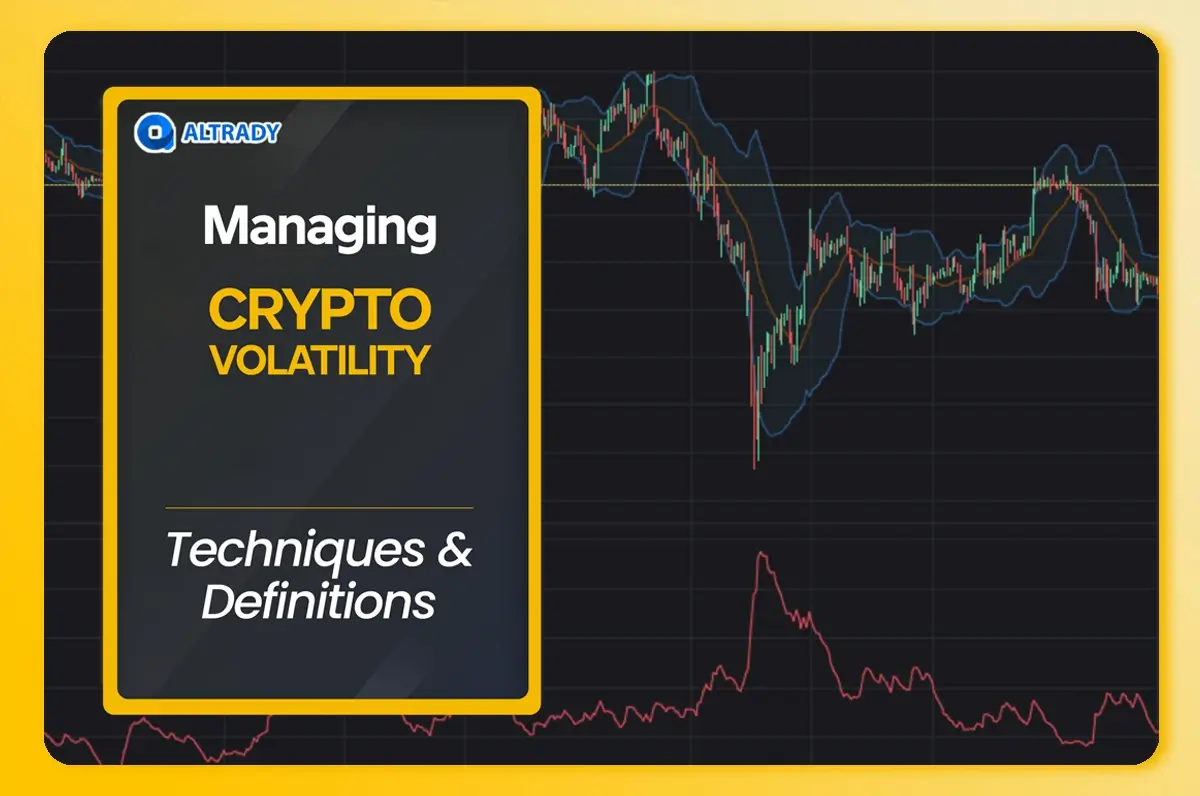Category List


Jack Kellogg's Key Lessons | Important Lessons from Jack Kellogg
Learning a skill like trading can be a real challenge and an ambitious task where not everybody merely succeeds but can do it if they leverage the proper knowledge. Jack Kellogg is a real example of how advantageous learning from others may be. Timothy Sykes is his mentor, and both work and travel together nowadays.
While Timothy teaches his framework, Jack inspires beginner traders to continue their journey regardless of the adversities associated with trading. This article aims to unveil the most significant lessons to do so.

Jack Kellogg Trading Journey
Jack Kellogg stands out as one the most prominent students of the Millionaire Challenge promoted by Timothy Sykes. He now trades a fortune and manages a six-figure capital in his account.
Like Timothy Sykes, he made his wealth by leveraging the penny stock market and seizing the best opportunities on cheap stocks with the best chances of price spikes, guaranteeing the highest returns.
Those spikes are spotable on the market patterns gathered in Timothy Sykes's trading framework. Jack uses all the resources learned from the Millionaire Challenge, and his lessons disperse insights into managing small capital accounts and when to size up adequately to grow them.
Kellogg's journey exemplifies how beginners can learn from experienced traders and leverage their discoveries to create their system and pursue self-success. His capacity to consistently turn thousands of dollars into millions has made him a recognized student and trader.
Account Growth: When To Size Up
Timothy's teachings aim to capitalize on pump and dump movements, but what makes Jack stand out is his ability to size up appropriately and scale up small capital accounts.
So, when to size up? Jack Kellogg follows detailed principles when scaling up a trade, hence the overall equity of an account. These principles determine when it is proper to size up, when not, and how a beginner trader should approach such a goal.
The core lessons of those principles comprise the following:
- Adding to Winnings: Kellogg's goal is to add more to winning trades. In his case, it implies buying more shares. Conversely, he cuts losses as fast as he can.
- Gaining Experience: He acknowledges the difficulty of growing a small capital and adding to winning positions. He encourages beginners to accept their process of gaining experience, focus on what they are doing right or wrong, and follow trading rules that improve their system to recognize better opportunities and develop conviction.
- Developing Conviction: Experience will turn a novice into a professional. When beginner traders start spotting more and better opportunities effortlessly, it is time to improve their conviction in the strategy. Jack Kellogg believes that enough experience and conviction is a prior step for a trader to size up positions and scale up an account.
- Focusing On Tight Spreads: Jack Kellogg recommends traders consider spreads. He speaks to them on the importance of finding the best markets that, ultimately, require measuring liquidity. Widened spreads can harm a trade position by increasing costs, but also by potentially striking stop-loss orders before they would if the spread was tight, and in the same way, by not reaching a take-profit target in time.
- Expect The Right Market: Seizing the right market conditions is paramount. For example, Jack made the most profitable trades during the bull cycles of 2020 and 2021, while on the other side, he often rests in summers when markets move slowly.
Accept Your Process As A Beginner Trader
Trading markets is a demanding activity by nature. This reality is something Jack Kellogg reminds traders of every time. In this sense, beginners must study intensely, research, work hard on their charts and analysis each day, develop a plan, stick to it, and improve it while not breaking its rules.
Kellogg encourages novices to embrace their process since the process of learning and failing is where most experience and wisdom come from. Timothy Sykes refers to this as "it is a marathon, not a sprint," accentuating that success does not come overnight.
This subject is especially essential in the case of cryptocurrencies, where most beginners enter the market expecting to become millionaires in some days when, in fact, Jack Kellog struggled for eighteen months while was down ten grand.
From all of the above, some lessons are clear:
- Never Give Up: This sounds cliche but after being down ten grand, Jack continued and stacked with its learning process.
- Learning Never Stops: Markets are ever-evolving environments as it is the character of every trader. Persisting learning is a virtue once a trader is profitable.
- Dedication: Keeping a consistent approach is important for both phases when learning as a beginner and trading professionally.
Recognizing When To Pull Back And Take A Rest
Since trading and learning with so much effort can be exhausting, Jack Kellogg reminds traders to recognize when to take it easy and rest to avoid burning out.
This point can be vital when trading live and professionally. Not recognizing when to pull back could damage traders' behavior, leading them to overtrade.
Take It Safe: Get Healthier
After a season of intense work and studies, beginners could end up unhealthy. Regardless of success, Jack nudges traders to be aware of their health and follow a good diet, which, in the end, will do well for their trading activity.
In the same way, he recalls exercising to maintain an improved performance. After spending hours sitting in front of a screen dealing with numbers and stress, getting outside the office is beneficial for the mind to be prepared ahead of the next trading round.
Conclusion
Since Jack Kellogg leverages the knowledge and strategy already proposed by Timothy Sykes, his lessons focus more on the personal side of traders, from studying hard to maintaining a professional path. However, his ability to grow an account made him stand out as a trader, which he achieved by adding to winnings, gaining experience, developing conviction, taking care of spreads, and expecting the right markets.
In Altrady, beginners and professional crypto traders can leverage his lessons as he did from Sykes's Challenge just by signing up for a free trial account with paper trading features.